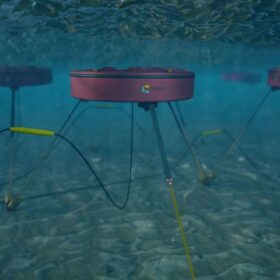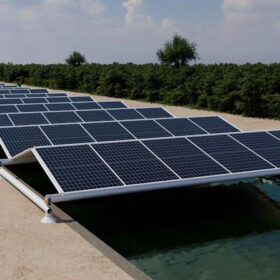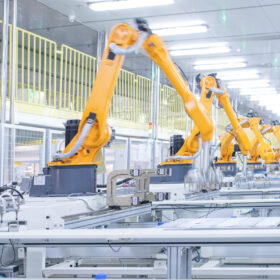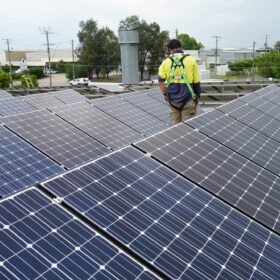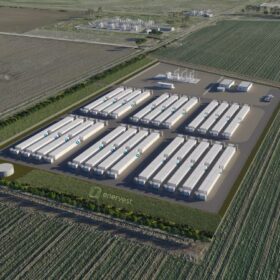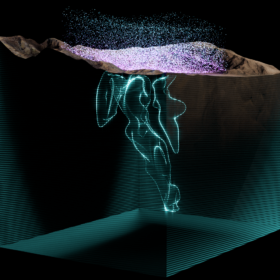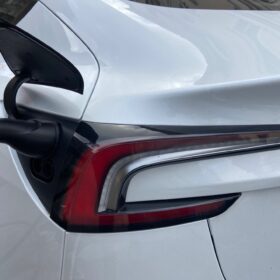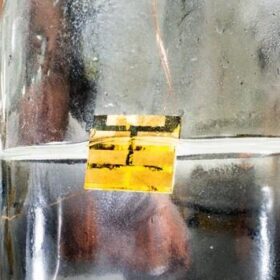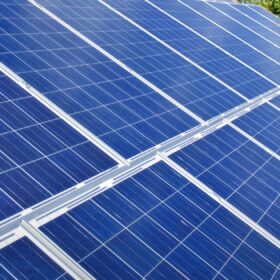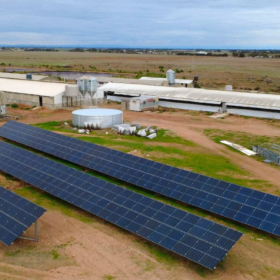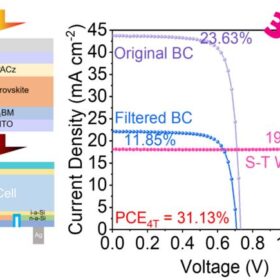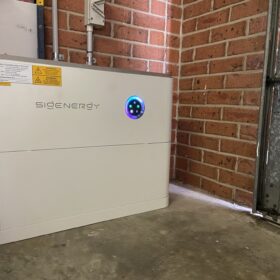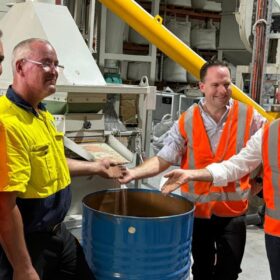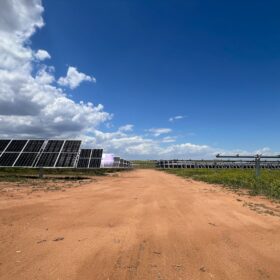Australian wave energy developer strikes Alaskan deal
Western Australia-based Carnegie Clean Energy has inked an agreement that will see it explore the development of its wave power generation technology in waters off the coast of southcentral Alaska.
Green Energy Systems Solar Waves to be included in California solar canal pilot
Sydney-based Green Energy Systems and its innovative Solar Waves system are to be included for trial as part of Project Nexus, California’s first solar canal pilot project, currently underway in California’s Central Valley.
Jinko and Trina Vietnam manufacturing exports attract new US tariffs
The U.S. Department of Commerce dramatically increased tariffs on imports from Chinese solar producers operating in Vietnam after the agency concluded that China is subsidizing raw materials for its companies to use in their Vietnamese factories.
Omnidian snaps up Solar Service Guys to expand Australian presence
Renewable energy asset management outfit Omnidian has strengthened its presence in the Australian market with the acquisition of Queensland-based PV installer and service provider Solar Service Guys.
Energy Vault acquires eight-hour battery project in NSW
United States-headquartered energy storage solutions company Energy Vault has inked an agreement to purchase the 125 MW / 1,000 MWh Stoney Creek battery energy storage project from Victoria-based renewable energy developer Enervest.
Fleet Space partners with US explorer in global hunt for hydrogen
South Australian satellite exploration startup Fleet Space has teamed with United States-headquartered hydrogen company Koloma to accelerate the discovery and development of natural hydrogen around the world.
Tesla hit with class action around phantom braking
Electric vehicle giant Tesla is being sued in Australia over claims it sold vehicles that are defective and don’t deliver on the company’s promises around autonomous driving capabilities and battery range.
Water-based recycling of perovskite solar cells
An international team has developed a new technique to recycle perovskite solar cells (PSC) made on glass substrates using a water-based solution. Tests showed that the recycled cells were as efficient and stable as the original devices.
U.S. start-up unveils ‘world’s largest’ transparent organic PV window
California-headquartered Next Energy said its laminated transparent power-generating windows were produced with its pilot production line.
South Australia leads international rooftop solar cost rankings
A new study of residential solar installation costs reveals South Australia has the lowest costs nationally while even Australia’s most expensive states are about three times cheaper than those in the United States and Canada.
